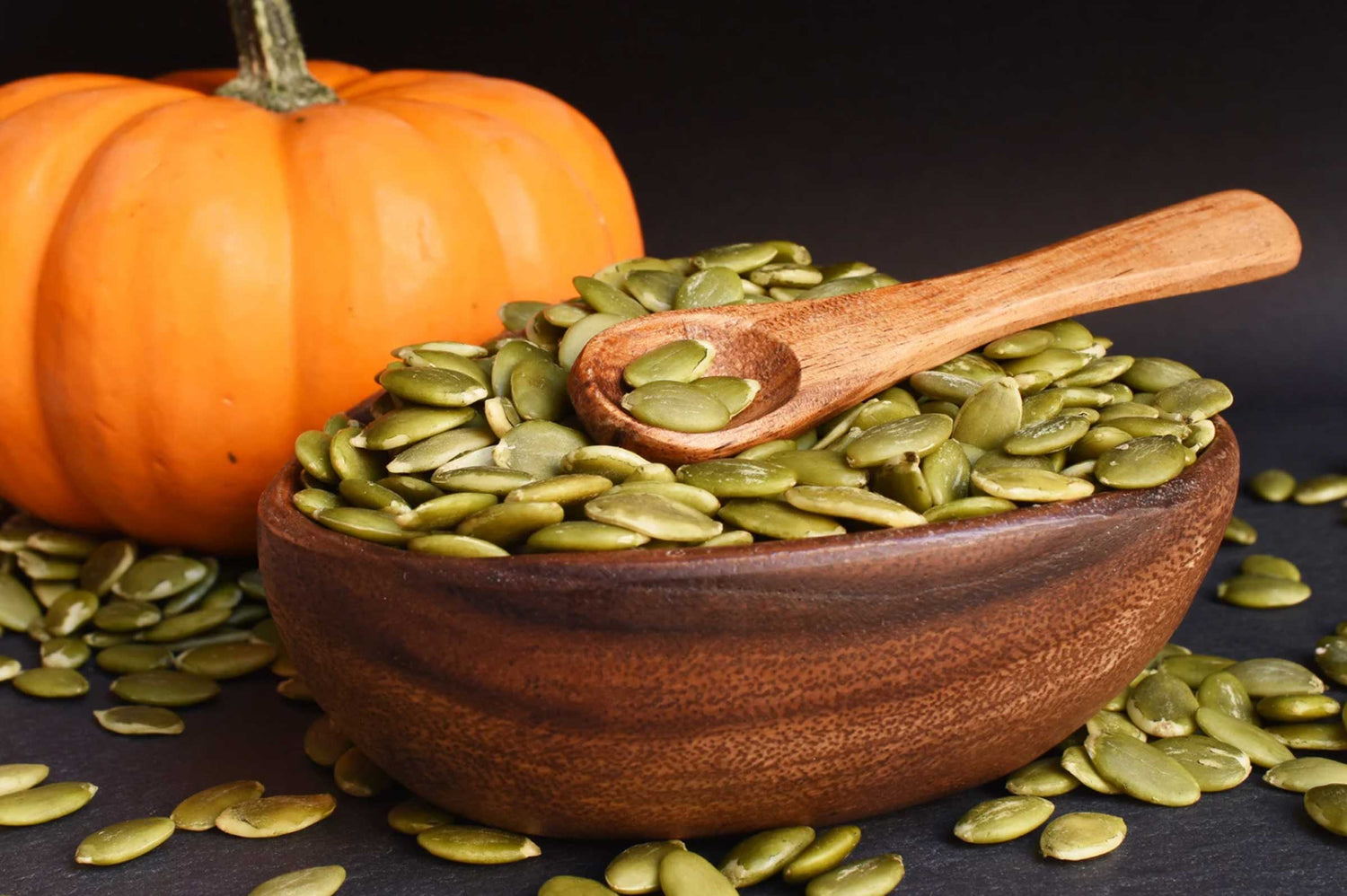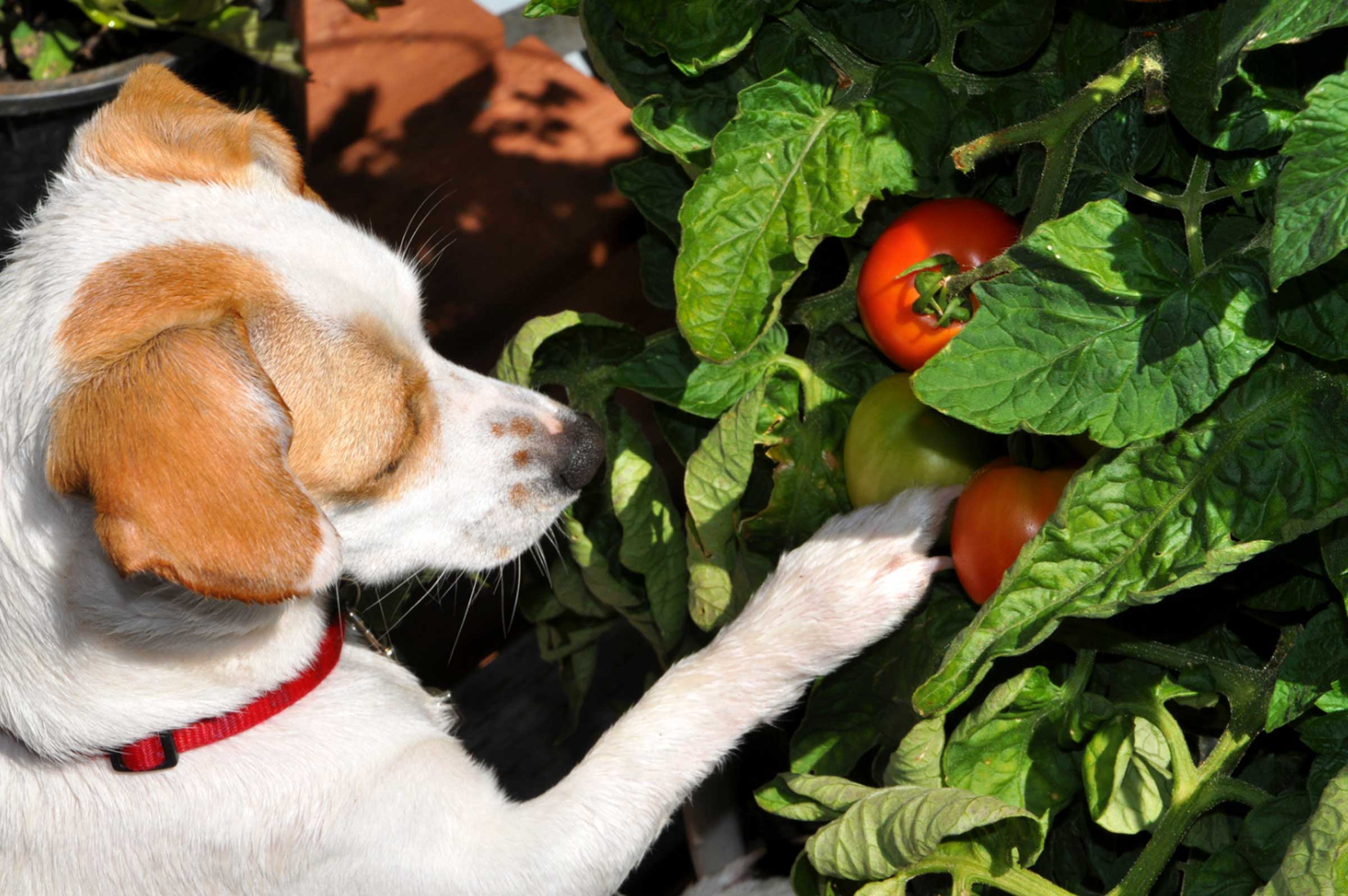If you treat your pets like family, you’re not alone. More people are looking for safe, natural ways to keep their dogs and cats healthy—starting with what goes into their bowls. While commercial food meets basic needs, certain human foods offer extra support for digestion, immunity, and overall well-being. When used wisely, some of these ingredients can benefit both dogs and cats alike.
It’s important to know which foods are pet-safe and backed by science. From fresh produce to natural protein sources, the right additions can help your dog or cat thrive at every age. Below are five everyday foods you can feel good about sharing with your furry companions.
Blueberries: Tiny Berries, Big Immune Support
Blueberries are rich in antioxidants that studies show help protect against cellular damage. In both dogs and cats, these antioxidants support brain function, immune strength, and healthy aging. Studies show that anthocyanins—the pigments that give blueberries their deep color—have anti-inflammatory properties that benefit pets as well as humans.
They’re also a source of fiber and vitamin C. While some cats can be picky, others enjoy blueberries mixed with their food or served frozen as a cool treat. Dogs tend to love them plain. Since they’re low in sugar and calories, they make an ideal snack for pets of all sizes.
Pumpkin: Natural Support for Digestive Health
Plain cooked or canned pumpkin is one of the safest and most effective human foods for pets with sensitive stomachs. It contains soluble fiber, which helps regulate digestion by adding moisture to dry stools or firming up loose ones. This makes it a go-to option for managing mild constipation or diarrhea in both dogs and cats.
Pumpkin also offers beta-carotene, which the body converts into vitamin A—a nutrient essential for vision, immune defense, and skin health. Just make sure it’s 100% pure pumpkin with no added sugar, spices, or pie filling. A spoonful a day can make a big difference.
Eggs: A Balanced Source of Protein
Eggs provide a complete protein profile that helps maintain healthy muscle and tissue. Dogs and cats both need these amino acids to support daily activity, muscle repair, and growth. Eggs also contain biotin and other B vitamins that promote skin and coat health.
Whether cooked, scrambled or boiled, eggs are easy to digest and usually well tolerated. For cats, they can be a flavorful topper. For dogs, they offer extra energy and a satisfying boost to a regular meal. Avoid seasoning and always serve them fully cooked to reduce any risk of bacteria.
Carrots: Low-Cal Crunch for Healthy Teeth and Eyes
Carrots are a great option when you want to give your dog or cat a wholesome snack without added calories. They’re packed with beta-carotene, which supports vision and immunity, and they also offer gentle fiber for digestive support. Dogs enjoy the crunch of raw carrots, and some cats enjoy finely shredded or lightly steamed versions.
Chewing on carrots may help reduce plaque buildup in dogs, acting as a natural dental aid. While cats don’t chew as extensively, they can still benefit from the nutrients when carrots are served in small, manageable portions. Research shows that carrots are also a great source of vitamin A, although they are recommended to be given as a treat, and not in large quantities.
Plain Yogurt: Gentle Gut Support with Natural Probiotics
Plain, unsweetened yogurt is a safe source of probiotics, which help balance the gut microbiome. A healthy gut supports better digestion, stronger immunity, and even improved mood in dogs and cats. Probiotics can be especially helpful during times of stress or after antibiotics.
Yogurt also contains calcium and protein, which help maintain strong bones and muscles. Make sure to choose a low-fat version with no artificial sweeteners. Start with small servings to see how your pet responds, especially if they haven’t had dairy before.
Conclusion
It’s comforting to know that some of the foods in your own kitchen can help support the health of your dog or cat. With options like blueberries, pumpkin, eggs, carrots, and plain yogurt, you can add natural, science-backed nutrition to their daily meals. Just remember to introduce new foods slowly and always in moderation to ensure your pet’s comfort and safety.
For complete and balanced support, try adding VetSmart Formulas supplements to your pet’s routine. These veterinarian-formulated and research-supported products are designed to promote joint health, digestion, immunity, and more—naturally and effectively. Give your best friend the extra care they deserve with VetSmart Formulas.











